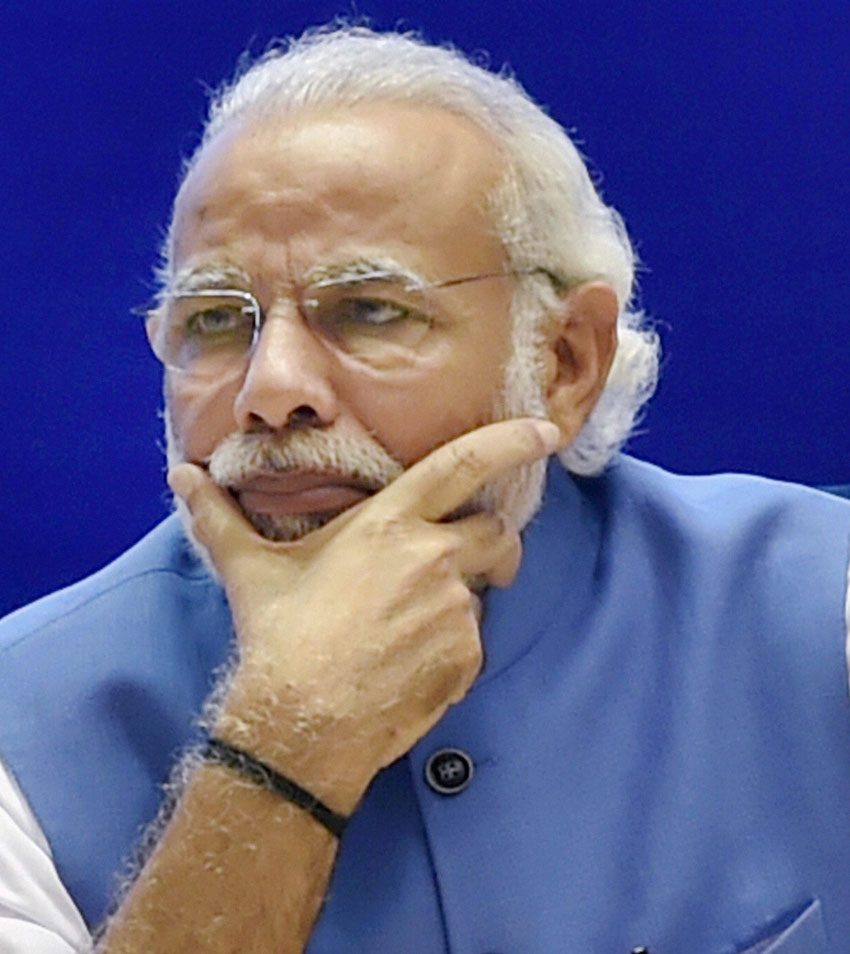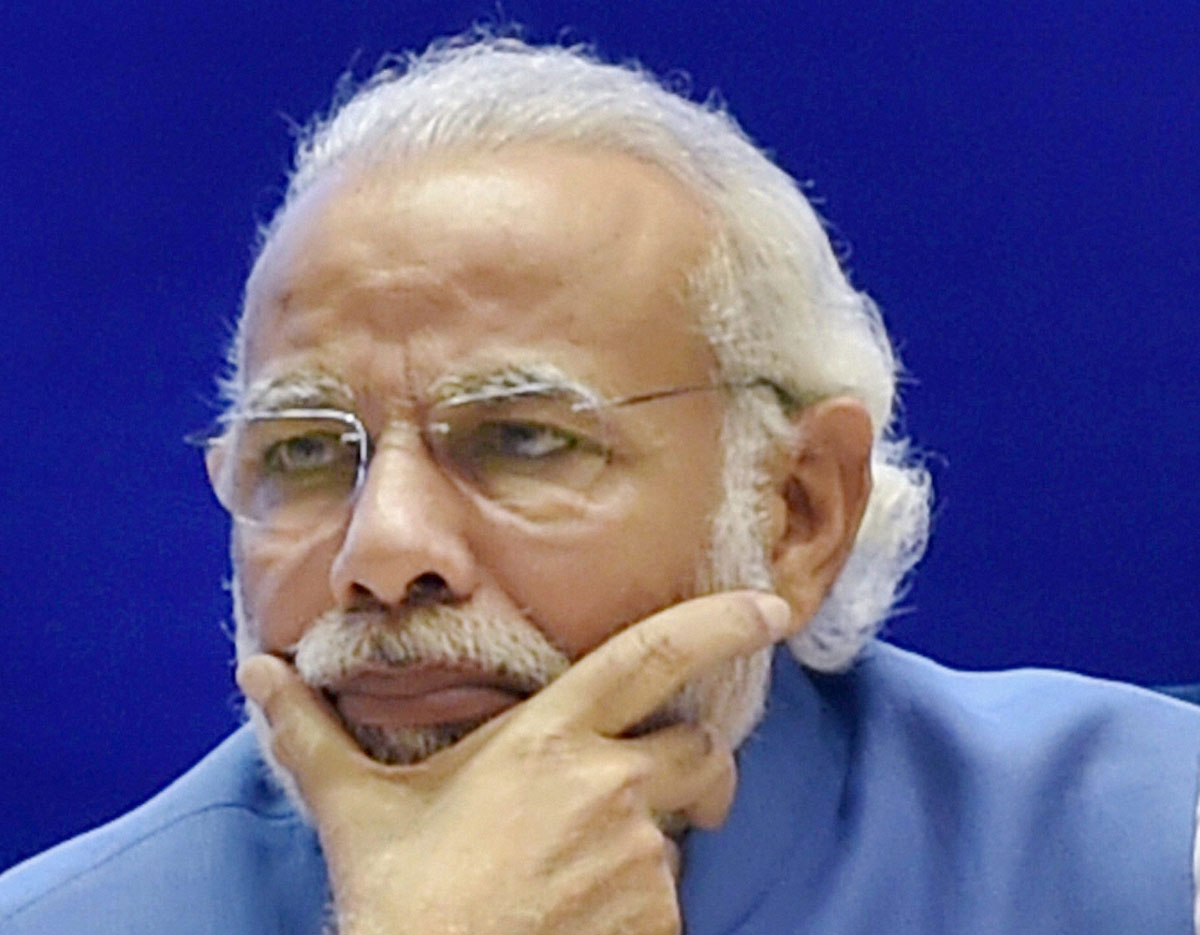AN UPHILL TASK

Late March a special court in India convicted a private mining company for irregularities pertaining to the allotment of North Dhadu coal block in the resource rich state of Jharkhand. The verdict is the first one associated with the infamous coal block allocation scam, writes Priyanka Bhardwaj. (@Siliconeer, #Siliconeer, #narendramodi, #corruption, #coal, #energy, #India)
It comes a couple of months after the Supreme Court had expressed its “unhappiness” over the “prolonged delay” in the investigation of infamous coal scam by the Central Bureau of Investigation and had asked for a conclusion as early as possible.
On August 25, 2014, the apex court of the land had squashed all but four of the 218 coal block allocations terming them “illegal” and “arbitrary.”
As coal is the primary source of commercial energy in the country allocations of blocks of the same have been marred with controversies and are mostly perceived to be discretionary and arbitrary.
Nonetheless there has been a long-standing demand for reforms in the mining industry and recent changes in the legislation, chiefly the Coal Mines Special Provisions Act and the Mines and Minerals (Development and Regulation) Amendment Act as also the introduction of e-auction framework in February 2015 are considered just the beginning of an era of greater transparency in allocation, development and optimal utilization of national mineral resources.
Judging from the stiff opposition from the industry and vested interest, all this may not have come easy for Prime Minister Narendra Modi whose election promise to the citizens was a squeaky clean, scam free government.
Yet there seems to be just too many areas where reforms and good governance need to be installed.
The 2015 report of the Berlin-based corruption watchdog, Transparency International (TI) likened corruption to a global “blight” that has affected almost every nation in the world and is not an India-specific bane.
Positioned at the 76th rank India is nine rungs lower than where it was slotted a year back and enjoys the company of countries such as Thailand, Brazil, Tunisia, Zambia and Burkina Faso out of 168 in total.
The report topped by Denmark for the second consecutive year, also designated a grade index score based on data taken from institutions including the World Bank, the African Development Bank and on this India scored 38 out of a possible 100.
While the U.S. rose by a rank to 16th position in the report, with a score of 76, tying with Austria, the UK rose three spots to place 10th, with a score of 81, sharing the rank with Germany and Luxembourg.
At the bottom most rungs were North Korea and Somalia with unchanged scores of 8.
Going by people’s responses to corrupt practices Jose Ugaz, Chair, TI notes, “The 2015 Corruption Perceptions Index clearly shows that corruption remains a blight around the world. But 2015 was also a year when people again took to the streets to protest corruption.”
“Corruption can be beaten if we work together. To stamp out the abuse of power, bribery and shed light on secret deals, citizens must together tell their governments they have had enough,” according to Ugaz.
![]()
The TI also assesses a group of 17 countries that list high on defense spending and this is traditionally regarded as attracting high levels of corruption.
On this India and China have been rated as “very high” or “critical” risk countries that are perceived to be accompanied by secrecy and lack of accountability, oversight, and transparency.
While New Zealand tops the chart, India is at the eighth position and China, Pakistan and Sri Lanka at 12th, 13th and 14th positions respectively.
Among the Asia-Pacific countries only Bangladesh managed a position better than India.
The paradox with India is that on one hand there is a strategic demand for a full spectrum of defense policy instruments due to the rise in complex external and internal security crises.
On the other hand the effectiveness of institutional frameworks in the form of Public Accounts Committee and the Comptroller and Auditor General, instituted to check corruption in defense deals, churn out a compromised quality of oversight.
Furthermore a lack of legislative oversight of intelligence agencies, results in the low public accountability of the country’s defense procurements.
When it comes to tax evasion Income Tax reforms is another requirement that is taken up only during discussions on Union Budget.
At a time when the World Twenty20 cricket matches have engulfed the nation the International Cricket Council’s Anti-Corruption Unit is keeping a vigilance to thwart illegal activities that exploit the growth of cricket.
But for those in the know there are still many among the capital’s social elite who keep a ball by ball account not for the love of the game but for the huge sums betted on its results.
If experts are to be believed the black money economy runs parallel to the white one and cleaning it will not be a one shot effort.
Interestingly a former Test pace-man Shanthakumaran Sreesanth who along with two uncapped bowlers were arrested and later acquitted, though banned from playing cricket for life, on charges of spot-fixing at a city hotel following an Indian Premier League match has been given a Bharatiya Janta Party ticket to fight upcoming assembly elections against Shashi Tharoor of the Congress.
More scandalizing the above is the mammoth challenge of bringing the billionaires who flee the country after taking billions of rupees worth of loans from public banks.
Taking it up with the government is the Congress that has demanded Vijay Mallya who owes Rs. 90 billion to public financial institutions and is a sitting member of the Upper House and to be brought back to India from London.
It is indeed surprising how the CBI let Mallya leave India despite irregularities in using the bank money and the banks willfully ignore the rising non-performing assets while an ordinary citizen would be severely fined for any default on payment of even a single installment of a loan.
The truth is that Mallya is just among a big bunch of looters who have been given a long rope and there is not a bit left to fasten them up with!


